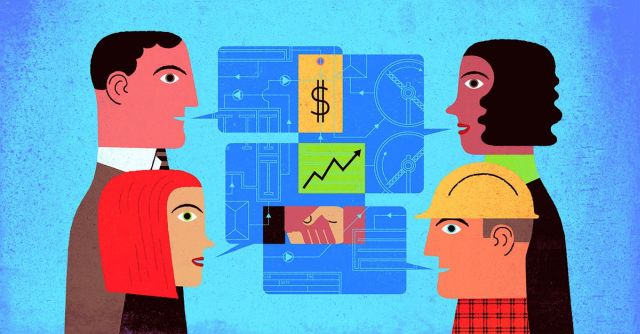
A new Economic Policy Institute (EPI) report says Hispanic workers, especially women, have faced some of the most damaging effects of the coronavirus. The report explores the economic, health, and social conditions faced by Latinx workers and their families during the pandemic.
The authors—Valerie Wilson, director of EPI’s program on race, ethnicity, and the economy, senior economist Elise Gould, and research assistant Daniel Perez—show Latinx workers have suffered greater economic distress. (Latinx workers—particularly women—face devastating job losses in the COVID-19 recession)
These outcomes have been driven by the fact that Latinx workers already had lower pre-pandemic wages, income, and wealth, as well as less access to health care and other important job-related benefits.
“Despite the universal reach of the pandemic, COVID-19 has been far from ‘the great equalizer’ as some have proclaimed,” said Wilson. “As a group, Latinx workers face a double bind: They are the least likely to be able to work from home to avoid coronavirus exposure and the most likely to have lost their job during the COVID-19 recession.”
Additional key findings include:
The report highlights how the federal coronavirus policy response has not addressed—and even exacerbated—these disparities, including through mandating meatpacking industries to reopen and excluding undocumented Latinx workers from unemployment insurance benefits and stimulus payments.
The authors also stress that the 3.2 million U.S. citizens in Puerto Rico must be included in the federal response. With 43.1% of the population living in poverty, few of the island’s residents are positioned to weather the economic crisis without assistance from the U.S. government.
“Economic insecurity, coupled with disproportionate job losses, has magnified the current economic damage to Latinx workers,” said Gould. “Policymakers have largely failed to address these long-standing underlying disparities in economic and health outcomes, and Latinx workers and their families have paid a heavy price.”
“Latinx households were economically insecure and suffered inequitable access to health care well before the coronavirus pandemic tore through the United States. The effects of COVID-19 on the economic and physical well-being of Latinx Americans were sadly predictable—but no less devastating,” said Perez.
This report comes after a previous EPI report highlighted the disproportionate impacts of the coronavirus pandemic on Black workers and their families.
The U.S. Army Corps of Engineers has been tasked with…
Brown and Caldwell, a leading environmental engineering and construction firm,…
Humboldt State University, one of four campuses within the California…